Key Tips for Caring for an Aging Pet
Pets often are the best companions people have and truly enrich the lives of individuals and families. According to Petpedia, more than 85 million families in the United States have at least one pet. Many common pets, such as dogs and cats, often have long lifespans that last for one or two decades. No matter how young and cute a kitten, puppy, or another pet might be, it eventually will reach elder status. When pets are aging, they require special care, and here are some tips to help you provide that care.
Schedule Regular Veterinarian Appointments
The best way to care for any pet, especially older ones, is to schedule regular appointments with their pet doctors. Undergoing a general examination that includes checking your pet's blood work will help determine its health and if any conditions are developing that might endanger your pet's health. In our experience, most pets should undergo such checkups at least once a year, but older pets could benefit from checkups every six months to catch any health problems early.
Stay Current on Vaccinations
Older pets have weaker immune systems and need more help staving off commonly occurring diseases. Vaccinations are any pet's best defense against disease and are especially helpful for older pets as well as newborns who have weaker immune systems. You should make sure you keep your older pets fully vaccinated and ensure any younger ones are, too, so they won't make your older pet sick. Pet doctors can provide booster shots and vaccinations when needed and help keep your older pets in better health.
Check Older Pet's Dental Health
Older pets often develop gum disease and other dental problems that could become a serious health problem. Periodontal disease is an especially dangerous condition that might require one or more teeth to be removed to prevent an infection that might spread. If your pet has bad breath, that might be a sign that it has periodontal disease or other conditions that affect its oral health. Your veterinarian can clean your pet's teeth, take X-rays, and check for oral health problems that might need to be treated.
Improve Their Diet
Senior pets need to eat the best possible foods to benefit from a good diet. Our pet doctors can examine your pet and determine if a dietary change is needed to ensure it gets all the nutrients that are necessary to stay as healthy as possible. Many other pets also need more water and wet food to keep them hydrated and enable their kidneys to do their job without going into renal failure.
Exercise Your Aging Pets
Pets need exercise to stay strong and keep their heart, lungs, and other vital organs in good shape. You should enable your pet to run and play as much as possible and take it on walks to help keep its body in good condition. Our pet doctors can suggest ways to help your pet stay as active, strong, and healthy as possible well into its senior years. Low-impact exercise is a key factor in maintaining long-term health.
Make It Easier to Move Around
Older pets often develop arthritis, hip dysplasia, and other conditions that limit their ability to move around without pain. You can help your older pet by limiting how often it will need to use stairs, climb up or down, or otherwise move in ways that cause pain. The more level the surfaces your pet must navigate, the easier it will be for it to move around and continue enjoying life. You also can raise the food dish so your pet doesn't have to bend down and put more strain on its neck.
Keep Your Pet Well-Groomed
Fleas and ticks can endanger your pet's health, especially during its senior years. You can help your pet avoid the nuisance and potential dangers of fleas and ticks by keeping your pet well-groomed. Using flea and tick medication can help prevent the parasites from endangering your pet or infesting your household during peak flea and tick season. Regular brushing and combing also will help keep fleas, ticks, and their eggs off of your pet and out of your home.
These are a few things you can do to take care of your aging pet. That way, you can keep them happy, relaxed, and healthy. You can call, send an online message, or visit Green Tree Animal Hospital to learn more and schedule an appointment with our
pet doctors.



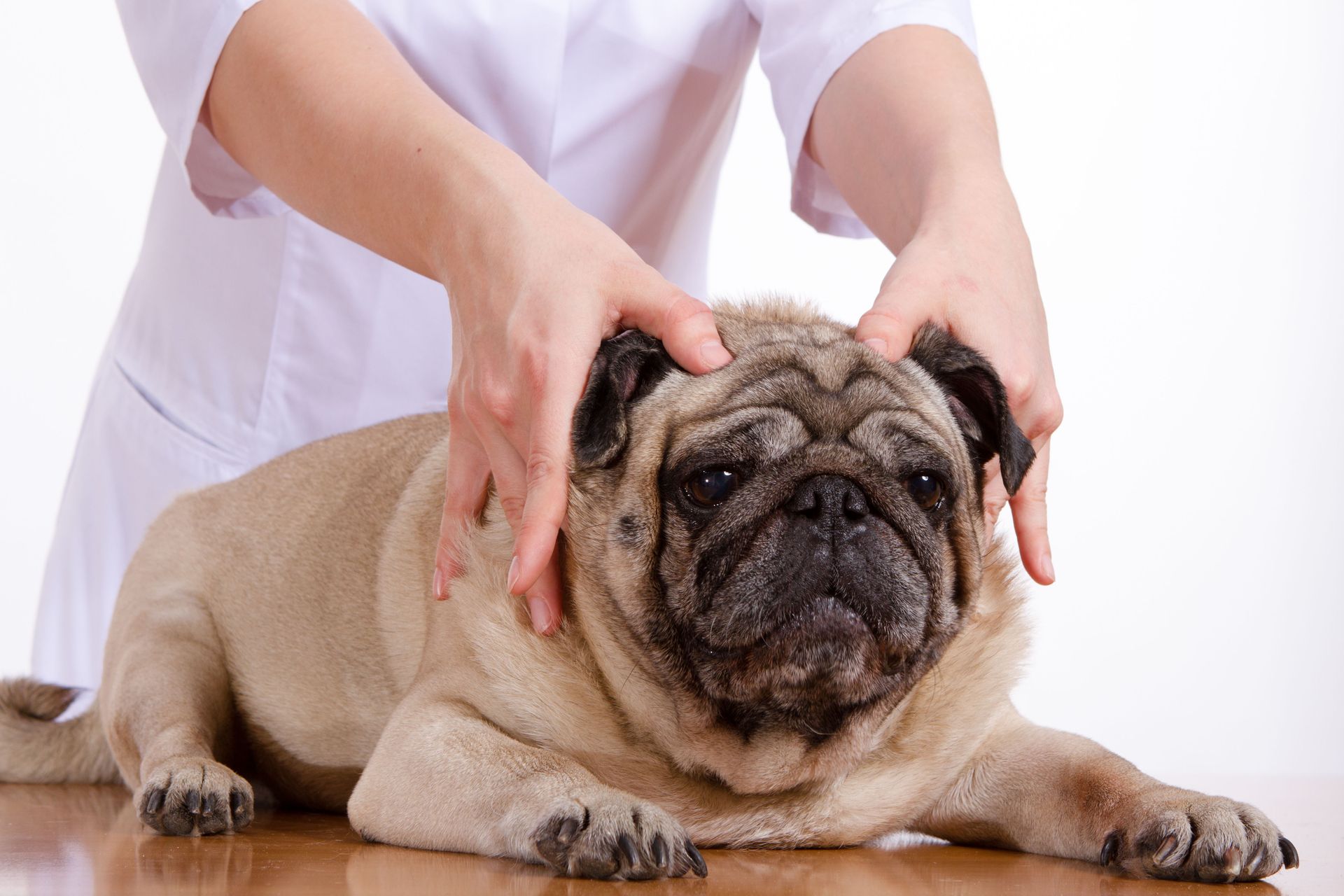
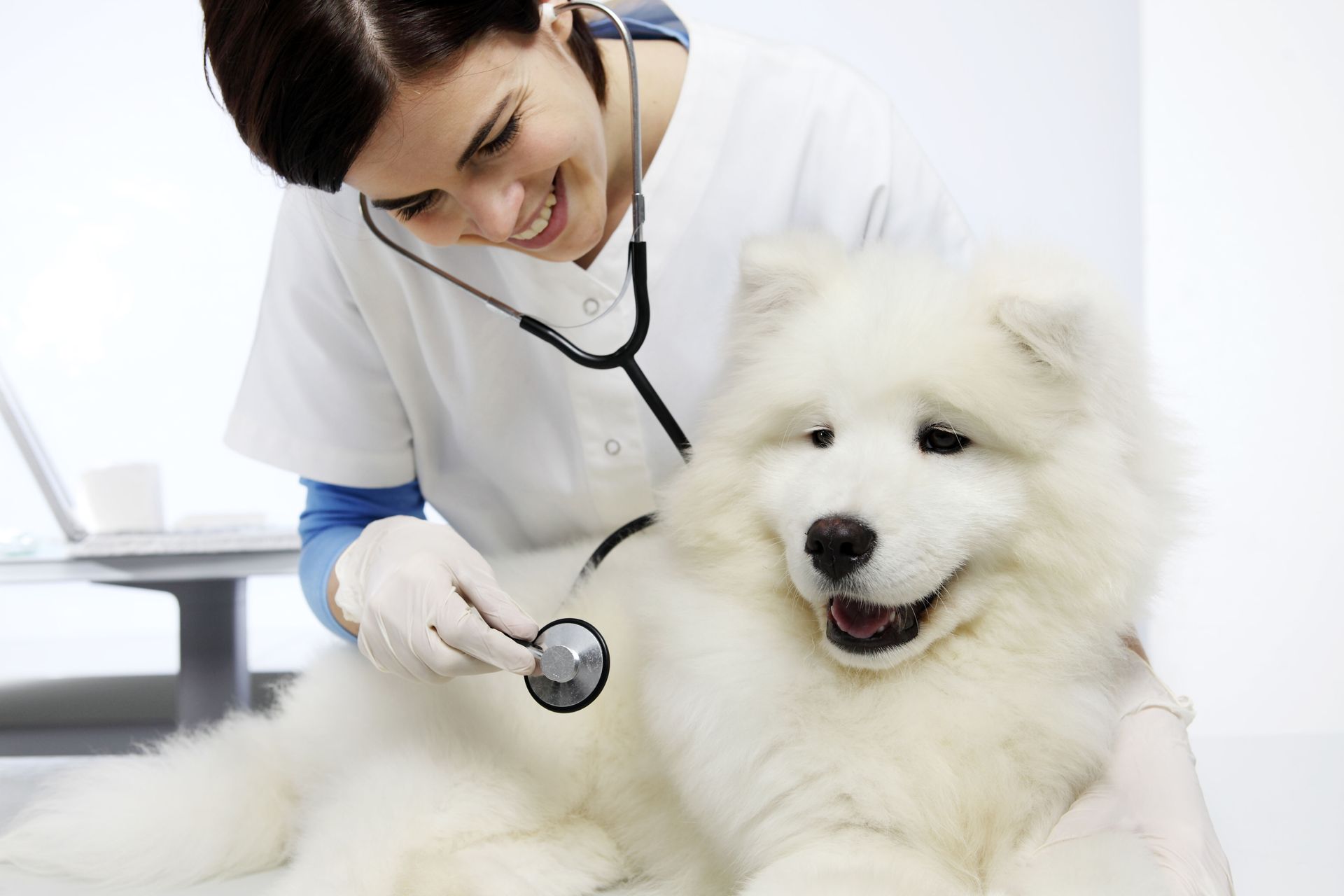
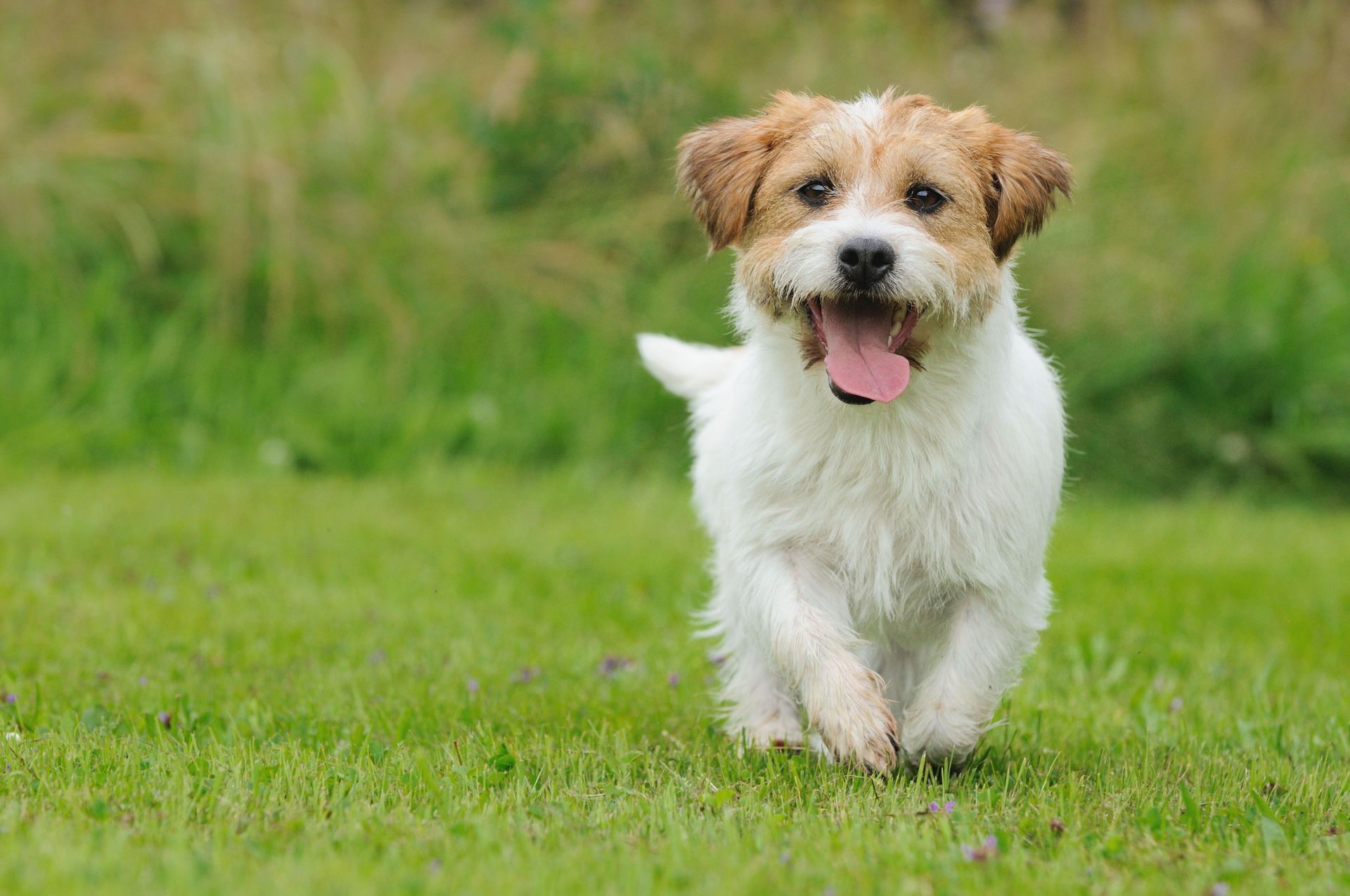
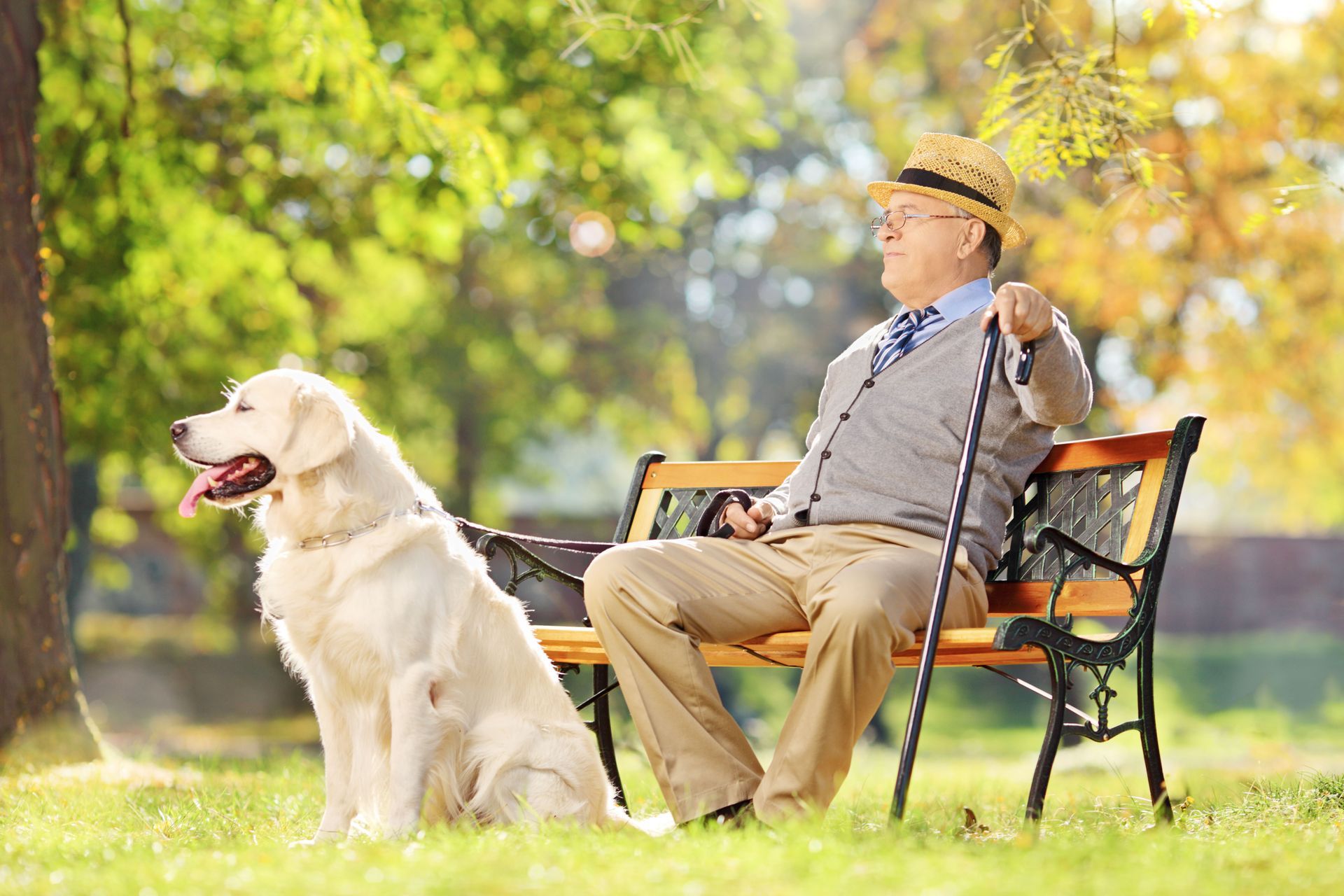
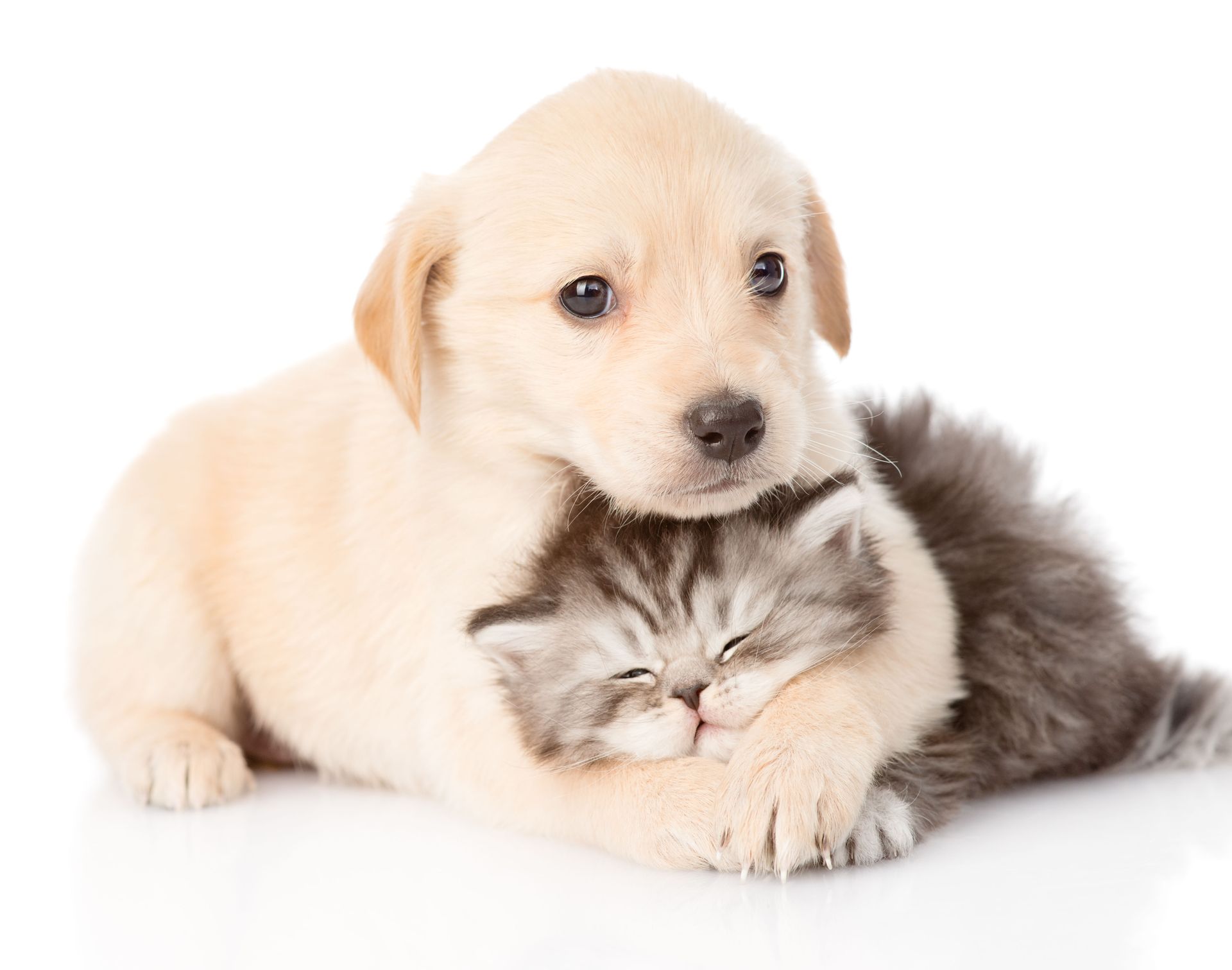
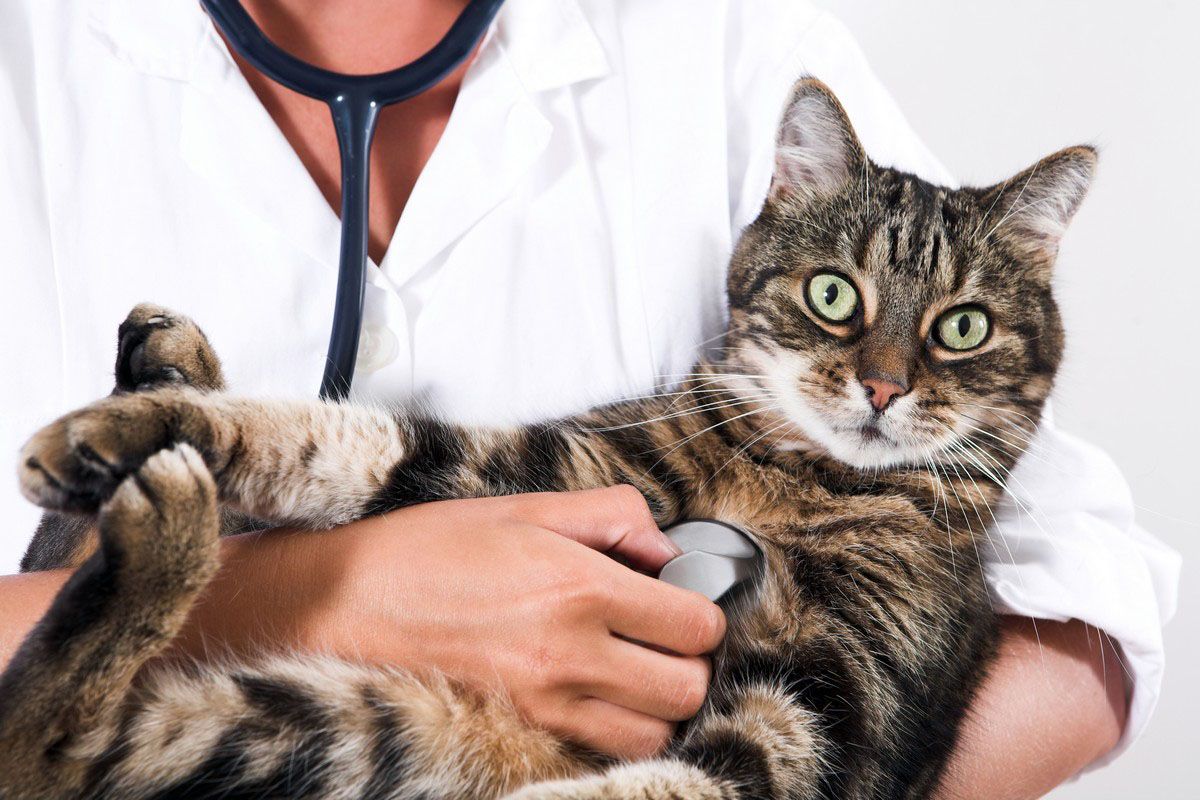
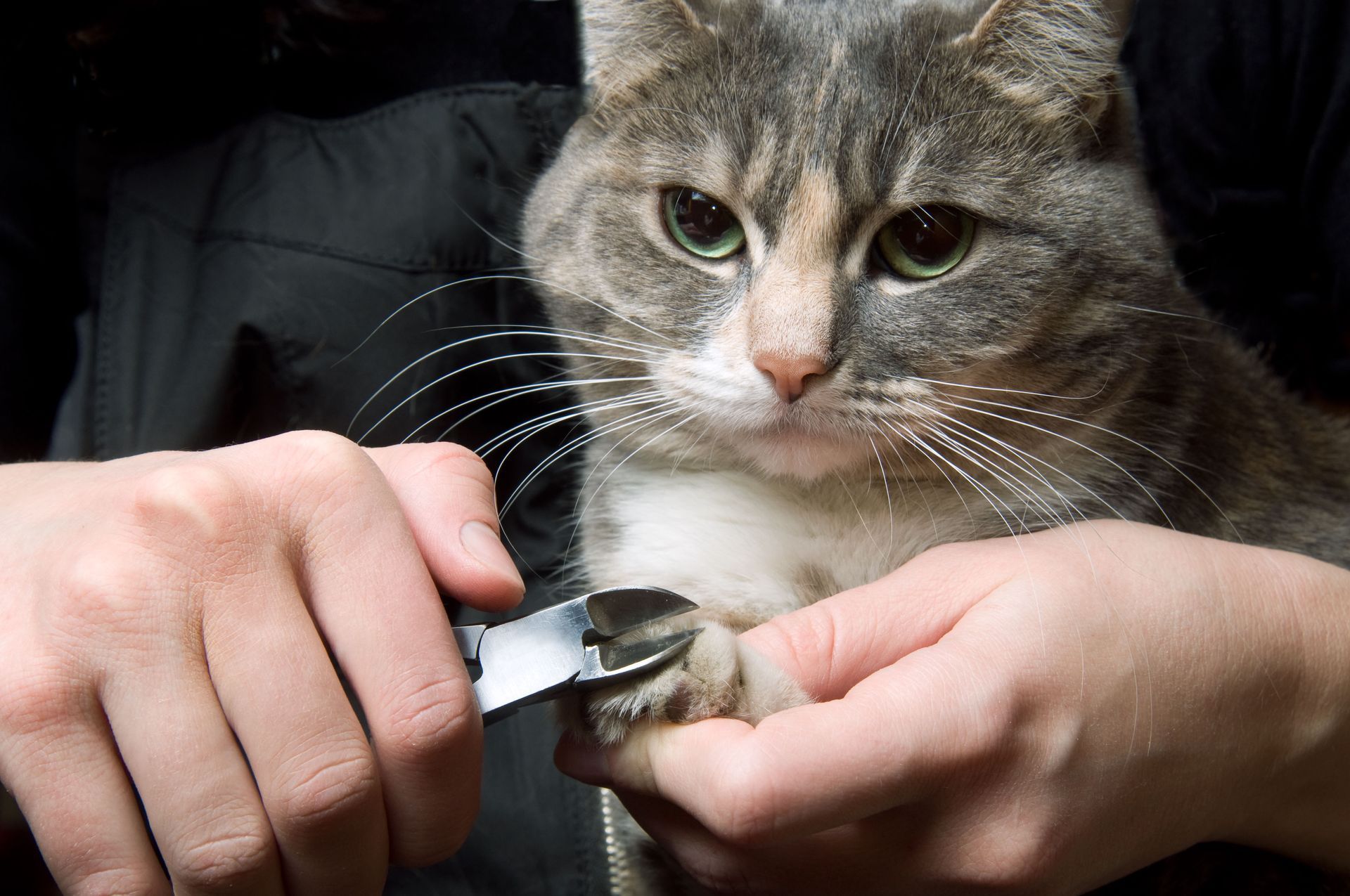
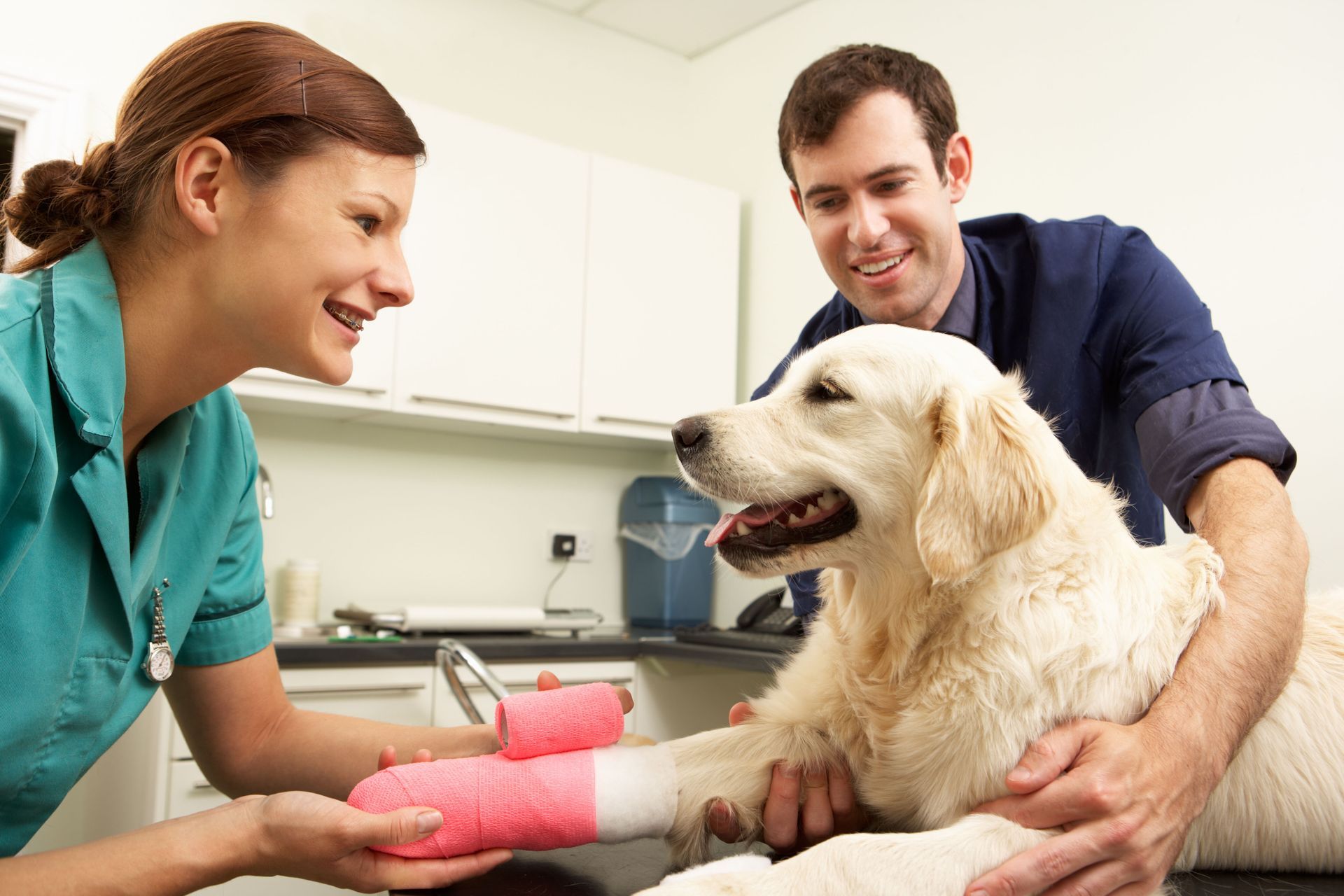

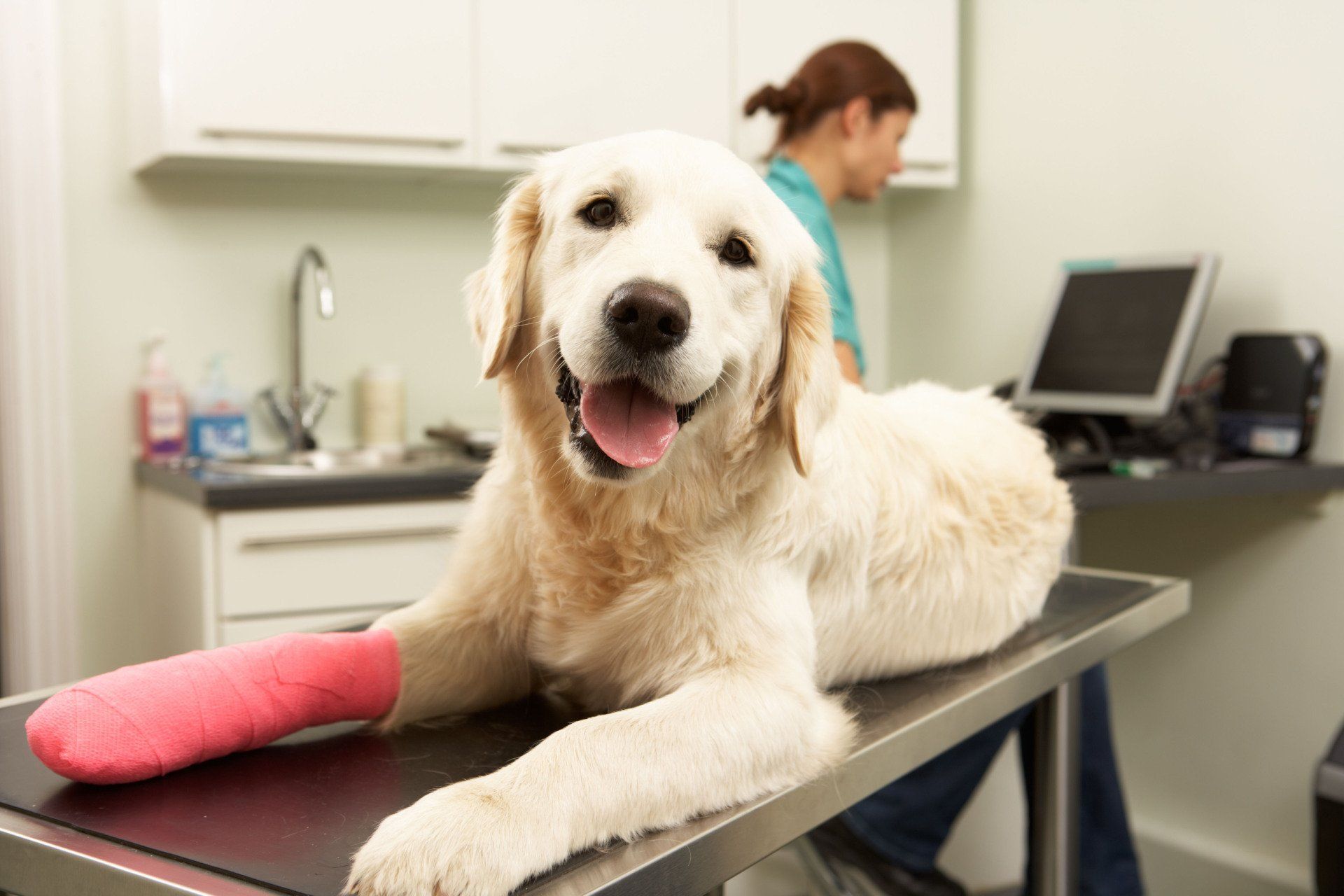
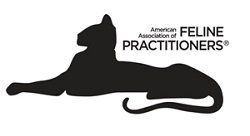



Share On: